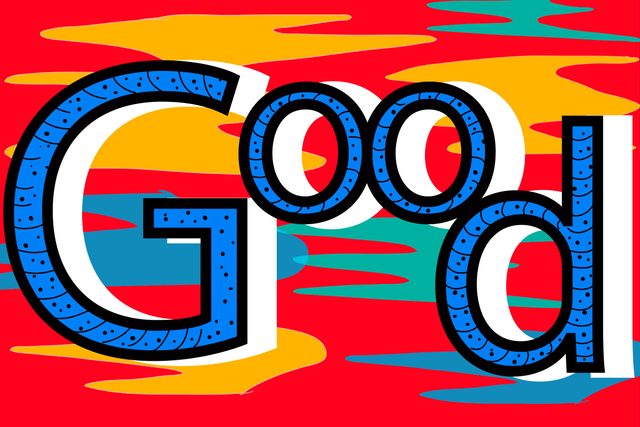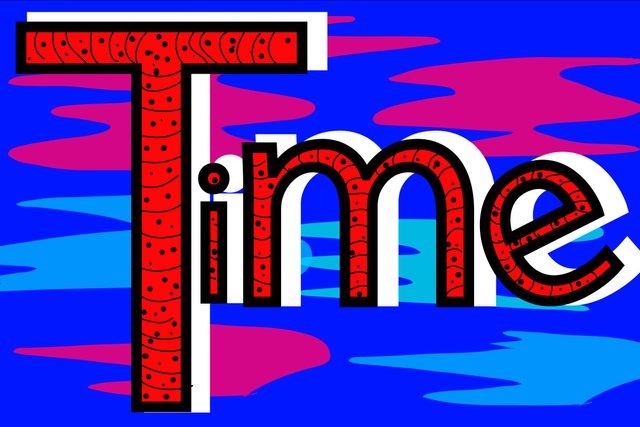This is The Most-Used Noun in English. It’s Not What You Think.
Updated: May 25, 2017
Not "work." Not "home." It's way, way bigger than that.
Imagine someone downloaded all the words on the Internet—every email, every Facebook update, every ebook, scientific report, magazine article, and every errant message-board lol. Now, if someone took all those pages—all those billions of sentences—what do you think the most common word would be?
Believe it or not, a team of tech-savvy word nerds is actually looking into this question. Meet the Oxford English Corpus—an arm of Oxford Dictionaries devoted to building a continuously growing database of more than 2.5 billion words of real 21st-century English prose from across the world. All year, the corpus collects published text from the Internet (and a few print sources like academic journals), compiling the full text of actual novels, blogs, news articles, emails, and social media posts into their database. Seeing real English as it’s used every day en masse, the Oxford team gets a front-row look at how words move in and out of fashion, how phrases spread across the English-speaking world, and how old words take on new meanings—like how “run” has become the most complicated word in the English language. They can also tell us, definitively, the most-used words in written English.

Let’s start with a startling statistic: the 100 most commonly-used words in English account for a staggering 50% of the entire corpus—if you’re following along, that’s about 1.25 billion words. Even just the top ten most-used words—”the,” “be,” “to,” “of,” “and,” “a,” “in,” “that,” “have,” and “I”—account for 25% of the total words we use. You probably aren’t surprised to see any of those ubiquitous articles and prepositions at the top of the list. But when we start to look at individual parts of speech like nouns, verbs, and adjectives, things get interesting. For one, we can see that English writers are very optimistic—the most-used adjective in English is “good“; “bad” doesn’t show up until the 23rd slot, right below “public,” “few,” and “important.” And we are also very conscious of our mortality. The most-used verb in English is “be.” And the most-used noun? That would be “time.”

Time—the stuff of clocks, measure of moments, and bane of all procrastinators. While the word only showed up with the 55th-highest frequency on Oxford’s complete survey of all parts of speech, time dominated all other nouns including runners-up “person,” “year,” “way,” and “day.” Apparently, we vex over the march of hours even more than we discuss any “man” (the 7th most-common noun), “woman” (the 14th) or “child” (the 12th). And when you think about the sources Oxford pulled these words from, it starts to make sense. So much interpersonal communication serves as a tool for making plans, charting progress, and ordering our priorities. Add to the list popular colloquialisms like “just in time,” “right on time,” “time off,” and “out of time,” and the list of potential usages explodes even larger.
It’s no different when you look to storytelling. All stories—whether it’s the story of one man’s life-changing kindness after a family tragedy or a cringe-worthy study about how far sneezes really travel—all unfold in the step-by-step context of passing time. No matter how you cut it, time is the skeleton of our days. It’s little wonder that so much of our language is spent defining our relationship to it.